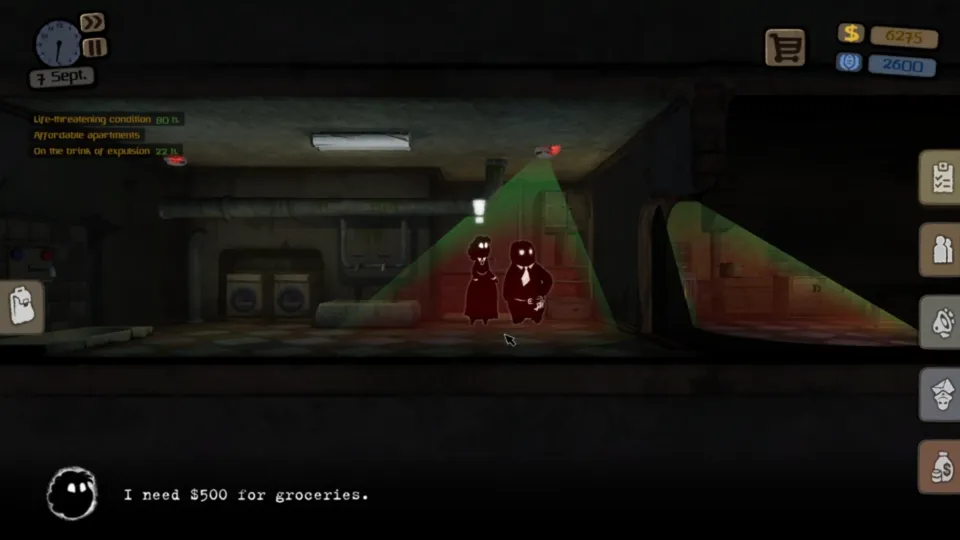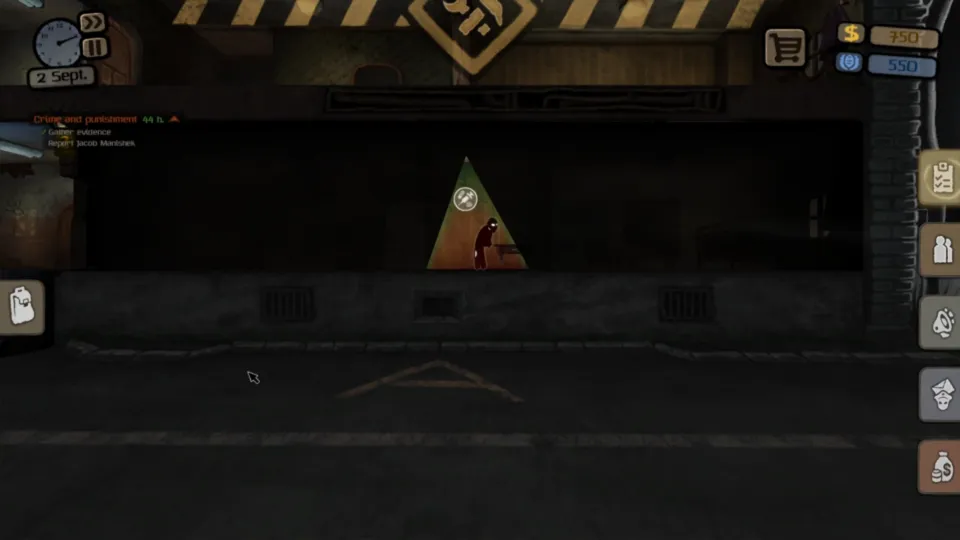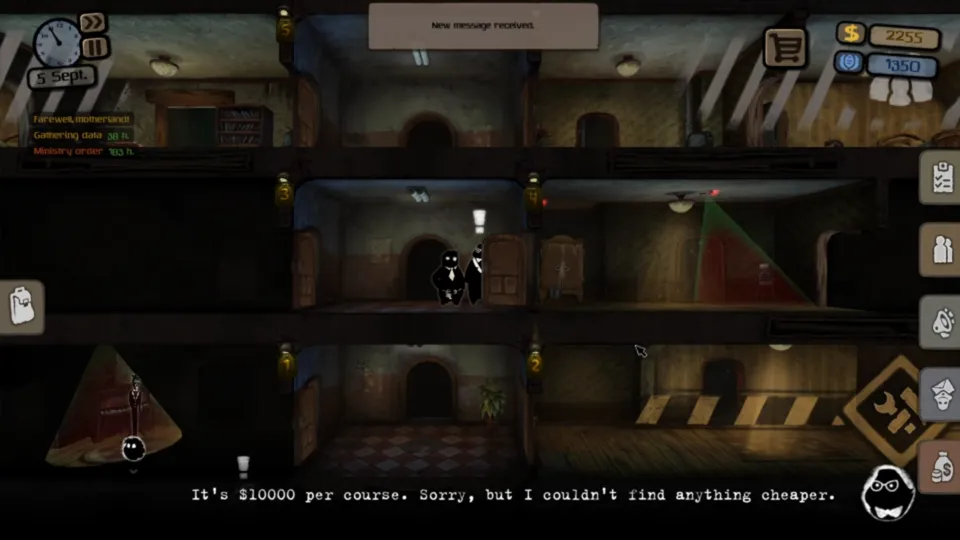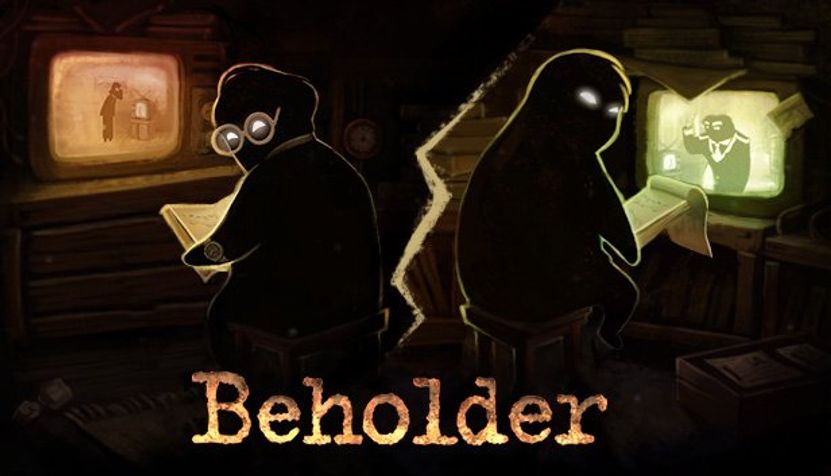Beholder
In my review of Ashwalkers , I discussed the idea of “choices matter” games and what makes a choice meaningful. In that game, choices served as window dressing on a fundamentally linear story. I’m excited that, this week, I got to play another “choices matter” game and once again get to ask the question - what makes our choices matter? Beholder definitely has more meaningful choices than Ashwalkers, but does it succeed in its goal?
Before I jump into it, though, let’s talk about Beholder’s gameplay! In Beholder, the player plays as a landlord/Stasi-style informant in a dystopian DDR-style country. The player manages and monitors apartment tenants, reporting their crimes to the government, all while taking care of their own ailing family. It’s a combination of family management with, you know, the Stasi. Good wholesome fun.
 Also, the world’s most expensive groceries.
Also, the world’s most expensive groceries.
The question, though, is about its mechanics. Fundamentally, Beholder is a game about monitoring your tenants and making decisions about what to do with the information you gather. Setting up CCTV cameras and rummaging through people’s belongings provides a lot of information, but the decisions lie in what you do with that information.
 This man and his crime can go right to jail.
This man and his crime can go right to jail.
Once again, there’s the question of whether or not our choices matter. Ashwalkers defined its choices mattering as yielding a different ending, and there is some merit to that definition. However, I made the argument there - and I’ll make the argument again - that choices matter when they reshape the world in progress. In Beholder, your choices very much do that, with each decision of how to interact with people yielding a new branch on the tree.
One difficulty I had with Beholder was that it sometimes became impossible to figure out where a particular choice would leave. As an example, when my daughter got sick, I talked to a doctor.
 A screenshot from Beholder
A screenshot from Beholder
To be able to talk to the doctor about my daughter, I had to help him solve his loneliness problem. To get him to help my daughter, I had to get him $10000 and not annoy him. He asked me to learn more about his new wife, but when I told him something he didn’t want to hear about his new wife, he stopped speaking to me. Branch done.
I’m still not sure if this is a flaw with the game. It very much reflects humanity, though the looping fetch quests do get a bit tedious. The idea that I can make choices that influence the world, but in doing so, I shoot myself in the foot, I like. My frustration springs more from wanting to take a particular path, and not being able to. I’m not able to always do the right thing, and that can be hard to comes to grip with.
I’m also still not sure how I feel about the game. The art is fantastic, and I enjoy the music and general atmosphere immensely. Giving up that control over knowing which choices lock a particular path is difficult though, and potentially limits replayability. On the other hand, I’m going to start a new game as soon as I finish writing this review to see if I can optimise more, so clearly, I must be having fun.
Developer: Warm Lamp Games
Genre: Adventure, Strategy
Year: 2016
Country: Russia
Language: English
Play Time: 6 Hours
